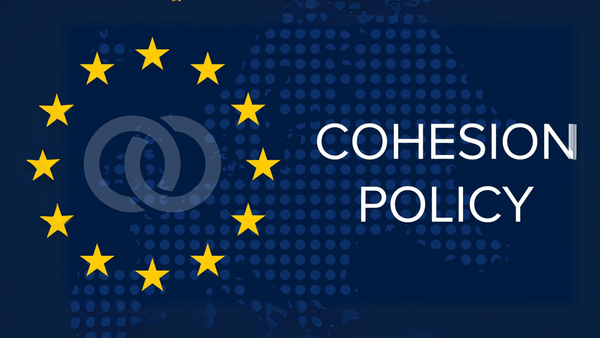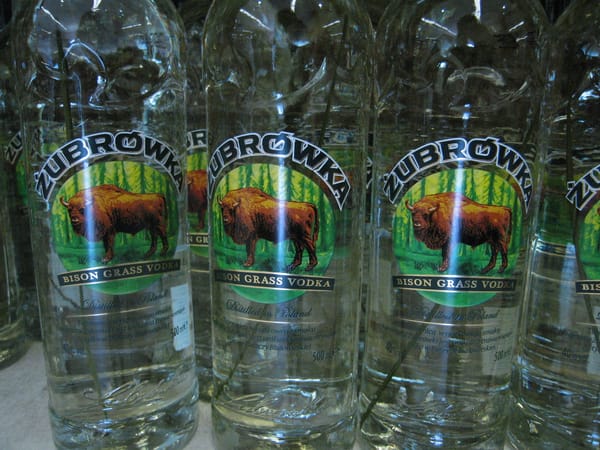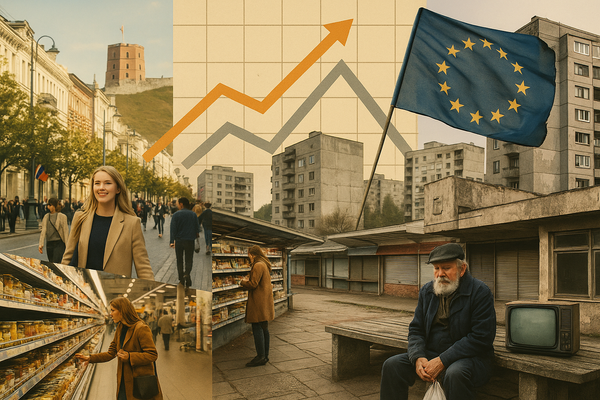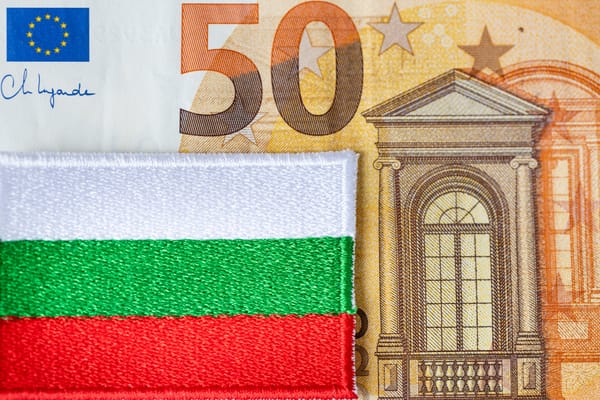
Bulgaria to Hold Presidential and General Elections in November
Bulgaria will hold both presidential and snap general elections in November amidst political polarization and uncertainty that are stalling badly needed recovery aid from the European Union.
On Thursday, the country’s parliament voted 152-0 with 25 abstentions to schedule the presidential vote on November 14. President Rumen Radev is expected later this month to announce a date for the general election. The latter will be the third one since the previous two, on April, 4 and July, 11 failed to produce a parliament with a clear majority.
But pollsters are skeptical of the prospect of a less fractured parliament. The country is currently being run on an everyday basis by a caretaker cabinet with limited powers, appointed by Radev. The lack of an elected government has prevented it from sending to Brussels its pandemic recovery plan that is supposed to unlock EU funding of EUR 6.4 billion in grants and access to EUR 4.5 billion in loans.
The Socialist Party, which under the constitution had the last chance to form a cabinet within the current parliament, gave up on Wednesday, after all other groups it talked to refused to cooperate. However, Socialist leader Kornelia Ninova had earlier promised she was in no hurry to formally return to Radev the government formation mandate in order to give lawmakers a chance to approve an update of this year’s state budget meant to meet extra spending on COVID-19, business and social support and a possible refugee influx from Afghanistan.
President Radev is bound by the constitution to immediately dissolve parliament and schedule a general election within the next two months, once he is returned the mandate. Two parties failed to forge a governing coalition before the Socialists, who have 36 of a total of 240 seats in the unicameral parliament.
The largest group of the anti-establishment, There Is Such a People, which has 65 lawmakers, stumbled over disagreements with possible partners over the lineup of its proposed cabinet. The second-largest group of the formerly ruling center-right GERB, which has 63 seats, decided to forgo its turn because none of the other five parties in the chamber would even engage with it.
The Constitution allows Radev to entrust a party of his choice with the third, last-ditch effort, and he chose the Socialists who nominated him for president in 2016. No other parties have announced their own candidates for the presidential vote yet, except There Is Such a People, whose leader, TV entertainer Slavi Trifonov, said they would support Radev.
It was not immediately clear what date Radev would choose for the general election. If parliament is dissolved before 15 September, it may well be held together with the presidential vote. Radev has earlier told reporters he would prefer to have the two separately.
Veselin Jelev, Sofia





